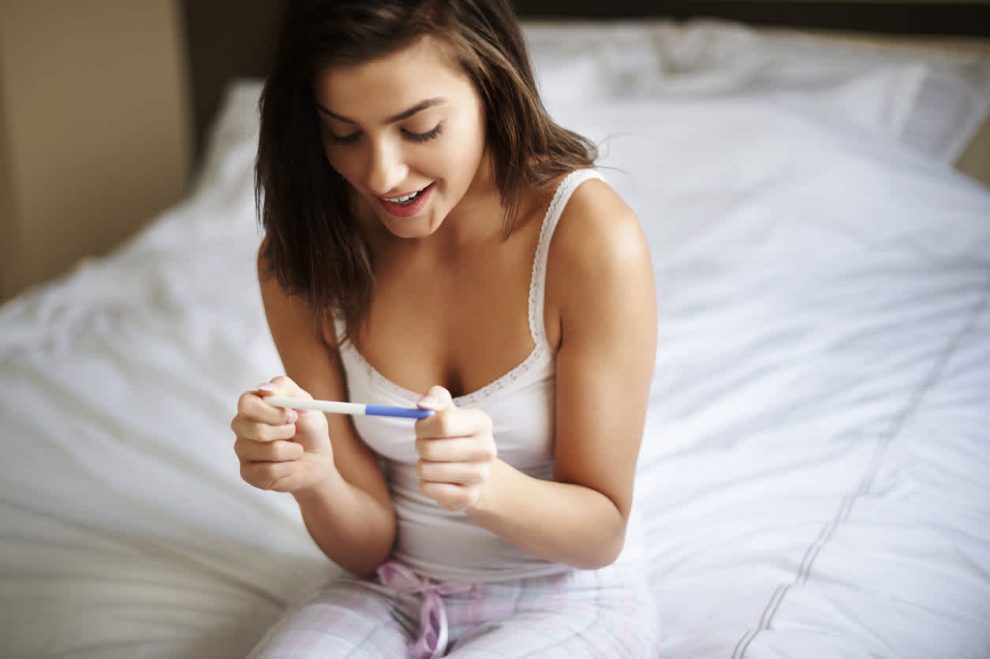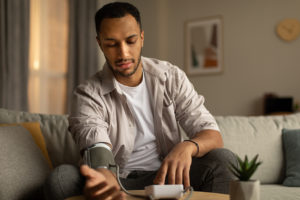It is your decision whether you want to become pregnant or not.
Both cases are different, so it is important and helpful to research fertility. This will help you determine the best time to get pregnant and if possible prevent pregnancy. This article will help you learn more about fertility and your period.
Here is the info on How Many Days After Your Period Can You Get Pregnant
Table of Contents
Fertility during your Period
Menstrual cycles are a cycle that starts in a woman’s body on the first day after her period. This is not the same as the actual ‘period’. It is just the act of bleeding.
You can have regular or irregular cycles that last between 21 and 35 days. They can vary from one woman to the next. While a regular menstrual cycle lasts between 21 and 35 days, irregular cycles can fluctuate from 21 to 35 days. They are more unpredictable and inconsistent. You can choose the best time to have unprotected sexual sex to get pregnant by knowing your period, menstrual cycle, and when you ovulate.
You will probably already know what to expect if you have been through cycles for a while. If you’re new to this or are trying to conceive, these are the terms you should know.
Ovulation
This is when a mature egg cell is released from the eggs into the fallopian tube, where it is fertilized by a male sperm cell. The egg will remain in the tube for approximately 24 hours. This is when it can have sexual intercourse and increases the chance of getting pregnant. While ovulation is part of a cycle and some women may ovulate earlier than others, it can still happen.
Sexual Intercourse
The act of bringing the egg and sperm cells together. This can lead to the possibility of fertilization, which will transform the egg into an embryo, and then eventually a fetus.
Fertile window
This period is when a woman’s chances of getting pregnant are at their highest. The length of the cycle will also affect the window, which can vary for each woman.
Get to Know Your Cycle
Once you have a good understanding of these terms, it is time to start tracking your menstrual cycle. Regardless of whether you’re trying to get pregnant, it will be very beneficial to track your monthly cycles. You can also track your monthly cycles in a traditional way by keeping a journal or writing it down. There are many smartphone apps that use artificial intelligence to predict your cycle.
Each woman’s cycle is different. To get a better idea of your current cycle length, it is necessary to calculate your average cycle length. Here’s how:
1. Keep track of at least three periods, starting with the first day of your next period.
2. Add the days in each cycle and divide it by 3, you get your average cycle length.
Now that you have an idea of your average cycle length, it is time to move on.
Fertility after your Period
The fertile period, also known as ovulation, occurs 14 days after your first period. However, some cycles can be very irregular so it is important to pay attention to these changes.
- Ovulation occurs on the 14th of every 28-day cycle.
- Ovulation occurs on the 21st day if your average cycle lasts 35 days.
- Ovulation takes place on the 7th of every seven days if your average cycle lasts 21 days or less
The most fertile days fall within your ovulation time, which is the period between the days leading up and the day that you actually ovulate. These are the best days for trying to conceive or getting pregnant.
It can be difficult to figure out the length of your cycle and your fertile period if you have irregular, unpredictable cycles. A sexual relationship every other day is a good way to increase your chances of becoming pregnant.
The first seven days of your period, including the days you have not had your period, are considered safe and are considered to be safe. This is because the egg has not yet dropped to the fallopian tube, making it inconducive to pregnancy.
If all this seems too complicated, you can use an online ovulation tracker or calendar. You can also find ovulation prediction kits in most pharmacies. These kits, which are similar to pregnancy tests use your urine to track your fertility.
You may have felt signs of ovulation throughout your life if you have been a regular woman. If you experience any of these symptoms, it’s likely that you are ovulating.
- You may feel mild to severe cramps in your lower abdomen or lower back.
- Clear, slippery, and wet vaginal mucus. The texture is described by most doctors as that of an egg yolk.
- A woman feels warmer if her basal body temperature increases.
- Higher sex drive and libido.
- Hormone changes that range from mild to severe, such as mood swings, appetite change, or unexplainable cravings.
The Rest of The Month: Fertility
Tips for Preventing Pregnancy
Only have sex on safe days. Six or more days prior to ovulation is the safest. This is when there is almost no chance of a woman getting pregnant. These days are those between your period and the day after it. Although technically you can become pregnant on the third day after your period, this is not the best time to do so.
Protective measures should be taken if you plan to have sex in your fertile period. There are many types of contraceptives. Birth control pills are designed to prevent unwanted pregnancy. They release synthetic hormones that stop ovulation. Contraceptives can be confusing. Choosing the right one for you could lead to hormonal imbalances, mood changes, and other problems.
Tips for Those Who Are Trying to Conceive
It’s often all about timing. When you have confirmed that you are fertile, or you are on your fertile window (the three days before ovulation), it is crucial to immediately engage in sexual intercourse.
If you fall pregnant, implantation bleeding may occur between 10 and 14 days after conception. This is normal and could be an indication that a fertilized egg has attached to the uterus.
A woman’s age, reproductive health, hormone status, and overall health can all impact her chances of getting pregnant. Your chances of becoming pregnant are affected by lifestyle choices like smoking, alcohol consumption, drug use, and excess weight.
Knowing your body and its cycles is the best way to predict your chances of getting pregnant.
If none of the above methods work, or you have used any form of birth control in the last three years, it may be worth seeking medical advice about safe and effective ways to get pregnant. Your partner should also have his sperm count checked and check for any hormonal imbalances or other medical conditions that could be hindering you from becoming pregnant.
It can be frustrating and discouraging, especially for those who have tried for so long or are at a critical age to conceive. But conception happens every single day. It’s possible if you are patient, diligent, and aware of your menstrual cycle.




Add Comment